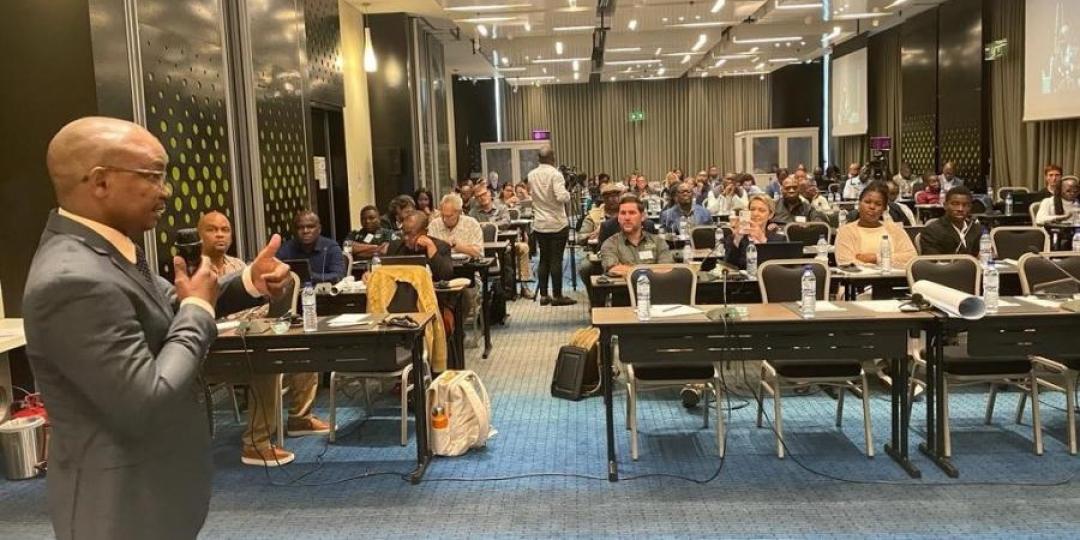The SADC Transfrontier Conservation Areas (TFCAs) Network, which convened in Maputo, Mozambique, last month, saw more than 100 participants from the private and public sectors, including academia and development partners.
The event served as a platform to drive collaboration for the sustainable management of the TFCA, which spans 950 000sqkm.
“It was incredibly encouraging to see the enthusiasm and passion for TFCAs amongst all the participants from so many different countries and sectors. Though we each play varied roles, our shared dedication to advancing transfrontier conservation unifies us,” commented Steve Collins, SADC TFCA Network Co-ordinator.
A key takeaway from the event was the 2023-2033 TFCA Programme presentation, which provides a framework for the TFCA over the next decade. This was the basis for participants to engage on implementation and partnerships for overcoming the challenges facing the TFCA. It also saw Member States amending the TFCA listing criteria, with 12 ecological systems now recognised under the TFCA from 18. These TFCAs provided insights into their achievements between October 2022 and 2023.
Dedicated sessions to address various issues affecting the TFCA included:
- Climate change adaptation
- Land-use and marine management
- Improving livelihoods in rural areas through wildlife conservation
- Capacity building through training
- Research and knowledge exchange
There was a particular emphasis on reducing the TFCAs’ dependence on donor funding with sustainable financing like carbon markets and conservation trust funds.
“The diversity of players at the table helped us unpack complex topics from multiple perspectives and identify collective solutions… It was encouraging to see Member States really value TFCAs and proactively investigate smart, diversified financing models,” enthused Collins.























